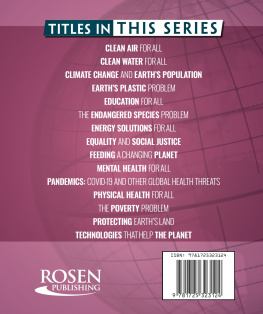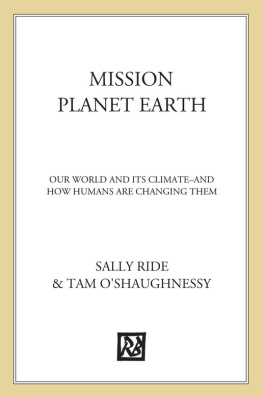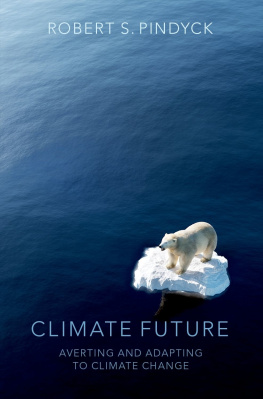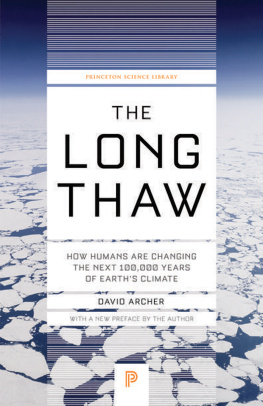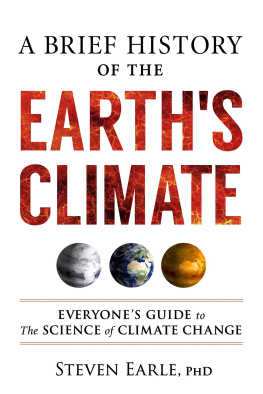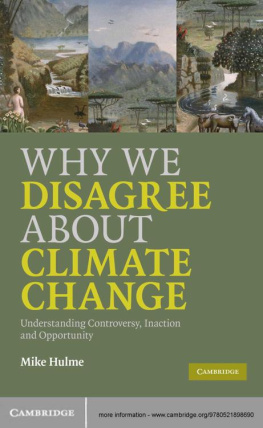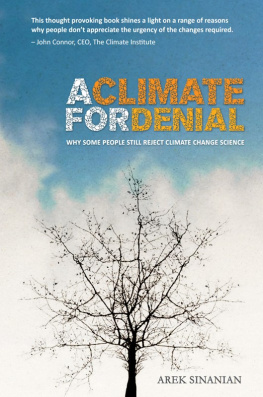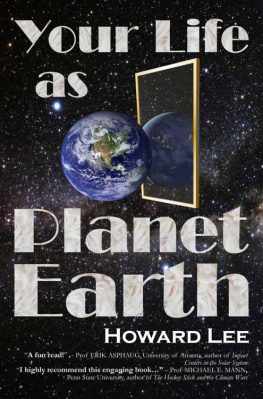This is asource book for the deep future, and I am self-publishing it to test the marketwhile I look for a conventional publisher. Since you are an early adopter, you can influence this book's futurethrough feedback, online reviews, and telling other people about it. I'll talk more about what you can do in theAfterward. For now, simply realize thatyou can be more than just a reader if you want to be.
Indeed, youwould not be reading this if it weren't for the efforts of many people. Thanks go first and foremost to my wife, KyeOk, who supported me through the entire three year process of creating thisbook and was the first to read and comment on it. Major thanks also go to the San Diego PublicLibrary. Without their collection andthe Circuit interlibrary loan service, I would not have been able to write thisbook. Support your public libraries!
Thanks also goto Tom Rooney, Matt Ernst, Jane Lindskold , and JamesL. Moore for extensive comments on earlier versions of this book. I also want to thank the regulars on Charles Stross's Antipope website. The topics in this book have been one of the "strange attractors"of derailed Antipope blog posts, usually down in the deep hundreds ofcomments. For me the conversations havebeen a great source of information, feedback, and useful criticism, and thisbook is much richer for it. Thanks toCharlie for allowing this strange attractor to persist, and thanks to all whoparticipated in those discussions.
That's all fornow. I hope you get as much from readingthis as I did from writing it.
Introduction: To Dream theUnspeakable Dream
Warning: There will be warningsfor every chapter
Yearsago, as a grad student studying the sometimes dismal science of ecology, Ilearned that pessimism has its own rewards. One is that, whatever happens, as a pessimist you will either be right,or you will be pleasantly disappointed. This is a book about the future, and as you read it, especially if youare reading it many years after I wrote it, I hope you will be pleasantlydisappointed by how pessimistic I was. Really. Nothing wouldtheoretically please me more than for everything I predict here to have beentoo pessimistic. Theoretically, becauseIll be dead by the time the events in this book could really start comingtrue, but as you read, I think you will understand.
Thisbook is my attempt to answer a question: What will the Earth look like ifsevere climate change happens, and humans survive? If youre like the peoplewhom Ive asked, like me when I started writing this book, your answer to thequestion is to freeze in silence. Do youfeel a horrible sinking sensation as you think about it? Youre not alone. For everyone Ive asked, this future isliterally unspeakable. We cant speakmeaningfully about it. When we try, ourminds hit a wall, at best spin off quips from apocalyptic novels and moviesbefore falling silent and changing the subject.
Iwrote this book to change that. We needto talk about, dream about, the hot Earth that is our likely future.
Thisbook is a book about what the future might be, not a prophecy of what thefuture will be. There are nocertainties. Nor is it a set ofprescriptions for how to avoid this future or how to prepare for it. Other authors have tackling these subjects insome detail, and I'd suggest reading their books (Greer 2008, McKibben 2010) .
Mygoal is simply to help you understand one probable, plausible, deepfuture. This book is what ecologistscall a conceptual model, what science fiction calls a what-if thoughtexperiment. In other words, its purespeculation, informed by the best scientific and humanities research I couldfind. It starts with a simple, publishedmodel for severe climate change caused by blowing all our fossil fuels into theatmosphere over the next century (Archer 2005) , adds in the collapse ofglobal civilization and mass extinction, and lays out an overview of whathappens for hundreds of thousands of years after that, until the Earth entersits next ice age .
Myhope is that it will make this future speakable ,make it possible for us to dream about the future, to enable us to explore thatfuture creatively, to talk and write about it, and to inspire us care about thefuture and prepare for it, even though it is scary. Of course I also hope it will help lead tosolutions to the problems we face, but as a wise teacher told me decades ago,if the solutions were simple, someone would have figured them out already.
Itsnatural to ask whether I used the right model or even asked the rightquestion. Is my model probable? Rightnow, were on track to emit the greenhouse gases this model requires withinabout 50 years. In stretching it out to100 years, I assume were going to partially gain control of our emissions, butthat everything from war to disaster response and rebuilding cities will keepus from switching to 100 percent renewable energy, thereby dooming us to burnall our fossil fuels and deal with the consequences. Ten years from now, this prediction hopefullywill be very wrong, but right now it's conservative.
Asfor asking the right question, let me ask you a few questions in return:
Doyou think that the Earth will look very different in 100 years? I dont thinkanyone will disagree with this, simply because the Earth has looked verydifferent every 100 years for the last 1,000 years and more. Change is something we can all agree on.
Doyou think that global civilization will collapse in thenext 100 years? If youre at all like me, you think its possible, evenlikely. Of course wed all rather bewrong, but its going to take radical, global change to avoid collapse, andwere not doing that radical change thing very well right now.
Doyou think that humanity will go extinct in the next 100 or 1,000 years? While Ithink this is possibleum. Eliminateevery human being? Thats really hard. Idont think thats going to happen. Doyou?
Myquestion seems plausible, doesnt it? Thats why I decided to answer it.
Thenext natural question is why I am an authority on the future. As I write this, Im a part-timeenvironmentalist, a part-time consultant, a house-husband and a writer. Im one of the people who earned a PhD, in mycase in botany (Im a plant community ecologist and mycorrhizast by training, with a background in environmental science), failed to land a jobin academia, and got downsized out of the business world by the GreatRecession.
Inother words, Im not an expert on most of the topics I discuss here, although Iknow a little about ecology, botany, and environmental science. As you read this, you really should be thinkingabout the Dunning-Kruger effect , the cognitive bias that people who dontknow what theyre doing tend to rate their ability to be much higher than itactually is (Kruger and Dunning 1999) . Itsbeen on my mind constantly as Ive worked on this book. In my defense, there dont seem to be anyexperts on the deep future right now, so we all have to strive towards greatercompetency in the subject. Since I am apessimist, I assume that I got some of this wrong, and hopefully readers willbe kind enough to point out my mistakes.
However,being an untenured ecologist does give me two advantages. We ecologists are lateral thinkers bynature. We tend to take disparate linesof theory and data and combine them, Sherlock Holmes-style, into stories, thento figure out ways to test the truth of our stories. While no one is perfectly suited to talkingabout the interactions among climate change, mass extinction, and collapsingcivilizations, an ecologist like me can turn these trends into models of whatthe vegetation will look like, reinterpret the vegetation in the light of massextinction, talk about how to figure out which animals and insects will livewhere and what crops will grow, extrapolate from that to talk about thechallenges and opportunities these will pose for our descendants, and then talkabout the consequences of their actions in turn, and put this all on one longtimeline. That's why Id suggest thatecologists are better candidates than most.


